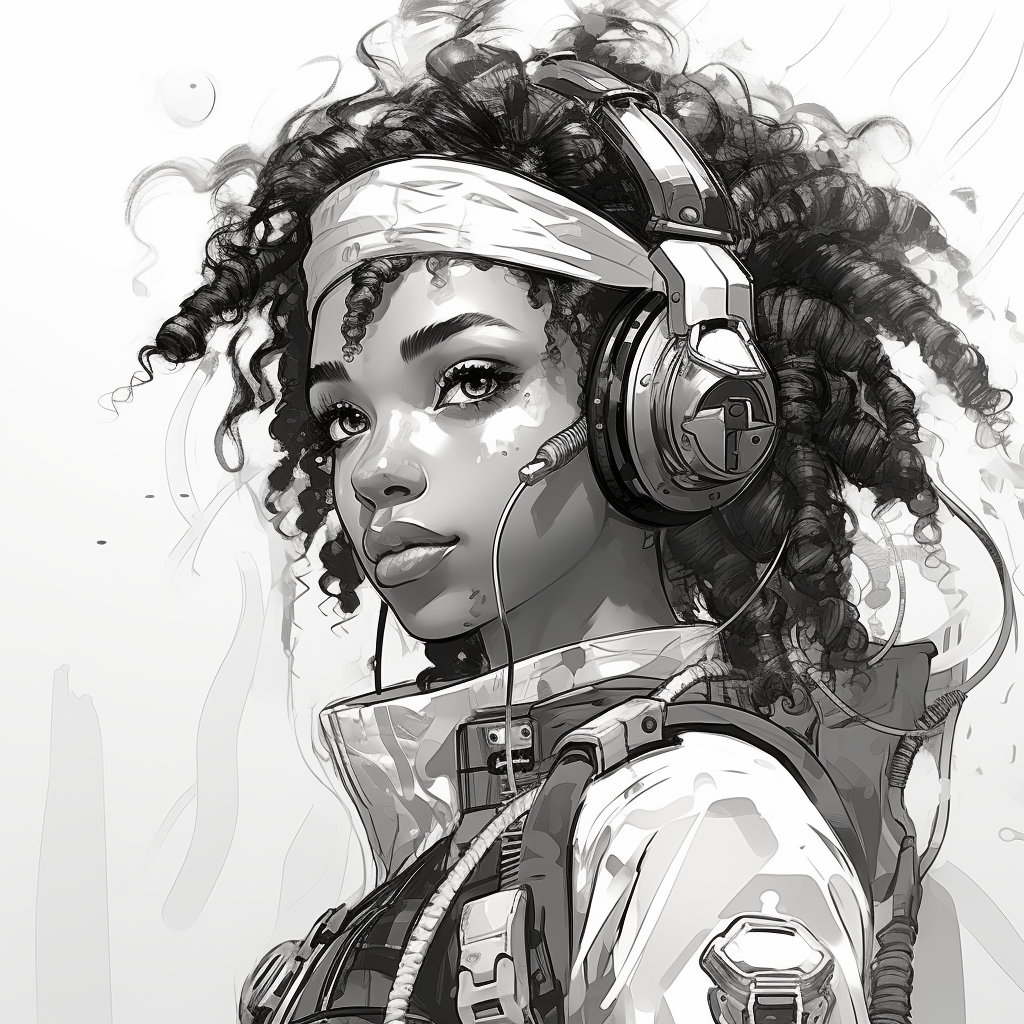In the rapidly evolving world of game development, creating engaging and entertaining experiences for players is always the primary goal. However, as the industry continues to mature, it has become increasingly critical to strike a balance between pursuing fun and maintaining a sense of responsibility towards players and society at large.
The need for game designers to take ethical considerations into account at every phase of the design and development process has never been stronger, both for player well-being and the long-term sustainability and reputation of the gaming industry. In this article, we explore some of the key ethical issues facing game design today, and how developers can address them.
Addiction and excessive screen-time
Games, by their very nature, are meant to be engaging. However, the thrill and escapism that gaming offers can become consuming to some players, sometimes to the detriment of their everyday lives. Excessive screen time and addictive behaviours are problems that have become increasingly prevalent as gaming has evolved, so game developers need to be addressing the issue head-on.
So, as a game developer, how can you ensure that players keep coming back and enjoying your game, while not sinking into a gaming addiction? Daily login bonuses, in-game achievements, and reward systems need to be balanced against features that promote more healthy gaming habits, such as:
- Time tracking systems that inform players of how long they’ve been playing.
- Reminders to take breaks after extended play sessions.
- Daily play-time limits, especially for younger players.
- In-game rewards for maintaining balanced play habits.
- Educational content about the importance of a healthy gaming-life balance.
The trouble is, these features do interrupt the gameplay experience, so – as a game developer or designer – getting creative with the way they’re implemented is key. A developer might consider building ‘down time’ into the narrative of the game, such as requiring the gamer to check back after a certain timeframe has passed in order to collect rewards, or periodically presenting less immersive quests that players can dip in and out of.
In 2021, China introduced rules to limit the amount of time under-18s can spend on video games to three hours a week, putting the onus on the gaming industry to ensure these rules are followed – as opposed to leaving responsibility with the end user. This has required game companies to actively build real-name verification systems into their games interfaces, and some companies – like Tencent – have gone as far as to roll out facial recognition functionality to prevent children from accessing games outside of the government curfew times.
Representation and diversity
Historically, many games have featured limited and often stereotypical representations of gender, sexuality, and race. This lack of diversity has long alienated players from underrepresented groups and bolstered a toxic subculture within the gaming community.
It’s a relief to see that the tide is turning, with much more diversity of people seeking careers in the games industry also bringing with it more variety of stories, characters and experiences being represented. While there is still significant room for improvement, there is much more awareness now of the benefits to players and the industry at large in foregrounding the issue of diversity and representation in games. Games like Overwatch and The Last of Us Part II have both been widely praised for their diverse cast of characters and inclusive storytelling and, on the indie scene, diversity of storytelling is a huge draw for players.
Diversity experts are now often consulted during the development process, and players are increasingly offered the opportunity to customise their characters to create avatars that represent them. Culturally, we are all much more aware of the harm that certain stereotypes and tropes cause – and gamers are rightly vocal when they see harmful representations. It all begins with the humans working within the industry; a diverse writing and development team breeds more inclusive games and a happier gaming experience for everyone.
Violence in video games
Many games involve some sort of conflict or combat, but the contentious issue is around the way in which violence is often portrayed in video games. The argument that excessive or glorified violence can desensitise players and contribute to aggressive behaviour, particularly in young people, is a long-running one that game developers must navigate.
The days of violence for violence’s sake are numbered, as developers are urged to temper their approach to how aggression is depicted by, for example:
- Providing context for violent actions in the game and exploring their consequences.
- Offering players choices that reflect real-world moral complexities.
- Implementing non-violent alternatives to conflict resolution.
- Using age-appropriate content and ratings systems.
That’s not to say we’ll be saying goodbye to the conflict and combat so many gamers enjoy, but more that such violence should be contextualised and served only to appropriate audiences.
Mental health and well-being
Gaming offers many benefits for mental and physical health and well-being. But while games can provide a sense of achievement, social connection, and stress relief, the social isolation that comes from excessive play can lead to anxiety and depression.
Read more on the health benefits of gaming: The Power of Positive Play
While many players benefit from the social interaction that many games offer, it’s no secret that the anonymity that virtual worlds provide can also become a source of bullying and online abuse. Monitoring online conversations and putting mild censorship in place for P2P communication can help to limit the amount of abuse vulnerable players are exposed to but, often, it’s the content of the game that can either encourage or discourage antisocial behaviour.
Developers can support the mental health of players by creating games that foster positive experiences and social interactions, designing gameplay that promotes problem solving and creative expression over conflict. And when it comes to high conflict games, implementing features that encourage healthy gaming habits can help mitigate the potential negative effects on players’ mental health.
In-app purchases and monetisation
Everyone’s heard a story about a child who’s accidentally maxed out their parents’ credit card buying Robux. And though these anecdotes may sound amusing at first, the very real ramifications of overspending on games – whether accidentally or deliberately – cannot be underestimated.
While there’s not much wrong with (very) occasionally spending £3.99 for some extra diamonds on a mobile game, things can – and do – get much darker than that. Some game companies are coming under fire for the methods they use to earn ongoing revenue, many of which are ethically suspect. These include:
Predatory monetisation: Some games use psychological tactics to encourage excessive spending, which can be dangerous to vulnerable players who cannot comprehend the real-life consequences of overspending in this way.
Pay-to-win mechanics: When paying players are given significant advantages in the game compared to ‘free’ players, this creates an unfair play environment that puts pressure on players to spend money.
Loot boxes and gambling: Randomised rewards, often purchased with real money, run the risk of crossing the line from gaming into gambling, which can be highly addictive and destructive. Belgium and the Netherlands have already banned loot boxes in games for this reason.
Child-targeted monetisation: Games marketed to children that include in-app purchases are nothing short of exploitative, as children are less able to understand the real-world cost of virtual items.
Game developers can easily avoid falling foul of these predatory practices by maintaining a focus on transparency and responsibility when it comes to in-app purchases. Clear pricing that discloses all costs, along with spending limits and parental controls, are a great start. Allowing players alternative ways to earn in-game items without spending real money, and exercising moderation in the type of purchases offered, are also more ethical ways that game companies can earn ongoing revenue without sacrificing their morals.
Maintaining the balance
Balancing fun and responsibility in game design is complex, but an essential factor that all designers and developers must keep at the forefront of their creations. Addressing issues such as addiction, representation, violence, mental health, and ethical monetisation will ensure that developers can create games that are entertaining, but also responsible and respectful of players and society.
Incorporating these ethical principles into game design not only benefits players, but also ensures the reputation and sustainability of gaming as a medium (and industry). As future game designers and developers, prioritising ethical considerations to create games that are both fun and responsible contributes to a healthier and more inclusive gaming landscape for all.
ARE YOU INTERESTED IN BECOMING A GAME DESIGNER, ARTIST OR DEVELOPER AT SCREEN AND FILM SCHOOL?
Find out more information on our Creative Technology courses by clicking below:



